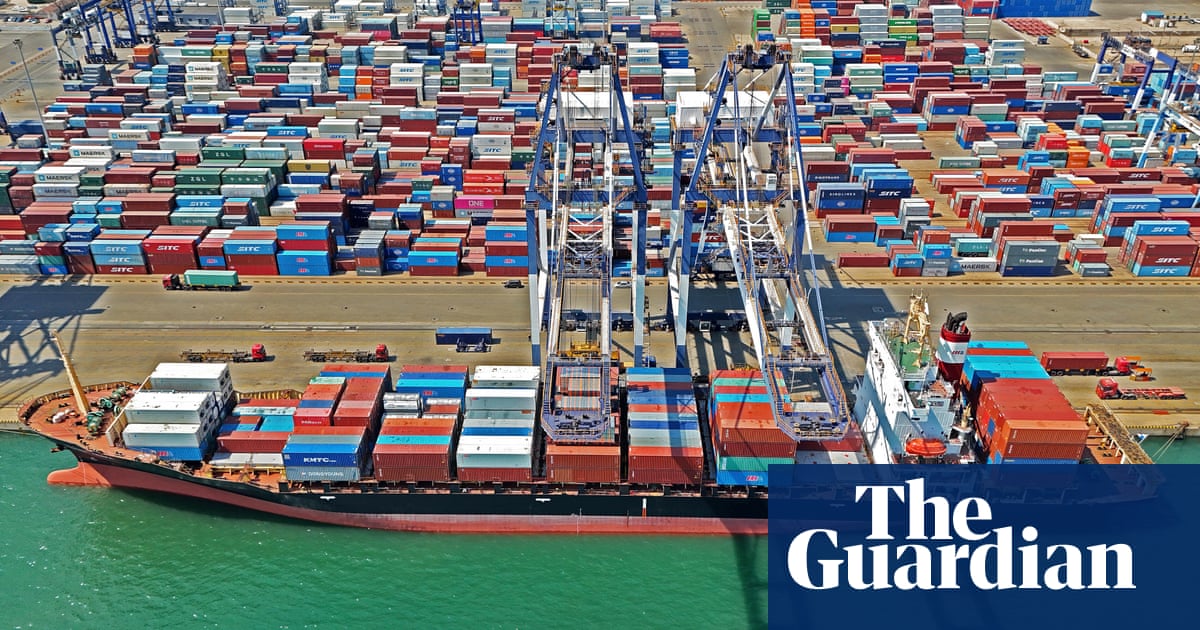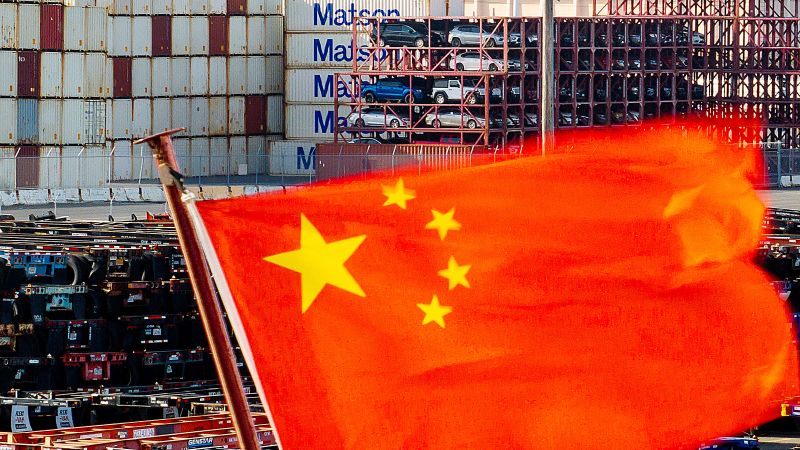US to Impose Port Fees on Chinese Ships in Effort to Revive Shipbuilding Industry
The US plans to charge port fees on Chinese ships over three years to boost domestic shipbuilding and counter China's market dominance.
Overview
The US Trade Representative announced new port fees on Chinese-built and owned ships, aimed at revitalizing American shipbuilding. Fees will start in 180 days and rise annually. The decision followed backlash against earlier proposals that suggested costs could exceed $1.5 million per port call. Critics warn these measures could exacerbate trade tensions and raise consumer prices as global shipping is already disrupted. Exemptions are provided for specific vessel types and routes, while tariffs on imports from China may intensify, affecting economic relations between the two countries.
Report issue

Read both sides in 5 minutes each day
Analysis
- The US plans to impose port fees on Chinese ships to support American shipbuilding and challenge China's maritime dominance.
- The new fees will increase over time and will be assessed based on cargo weight, container count, or vehicle numbers, aiming to protect US economic interests.
- Critics warn that these measures may disrupt global trade, increase shipping costs, and ultimately harm American consumers.
Articles (3)
Center (1)
FAQ
The initial fee for Chinese-owned or operated ships is $0 for the first 180 days, then $50 per net ton after that, increasing up to $140 by April 17, 2028. For Chinese-built ships, the fee starts at $0 for the first 180 days, then $18 per net ton, rising to $33 by April 17, 2028.
Exemptions include U.S.-flagged carriers operating Chinese-built ships in short-sea service, specialty export vessels like liquid bulk carriers, U.S. government cargo carriers, ships arriving empty, vessels with capacity under 4,000 TEUs or 55,000 DWT, and vessels from voyages under 2,000 nautical miles.
Critics argue that the fees could lead to higher shipping costs, disrupt global supply chains, fuel inflation in the U.S., and negatively impact American businesses and consumers by raising product prices and potentially reducing exports.
Chinese officials have expressed that these measures could harm other countries, raise shipping costs, and disrupt global supply chains, stating they will not benefit the U.S. shipbuilding industry. China vowed to take necessary measures to safeguard its interests.
History
- This story does not have any previous versions.


